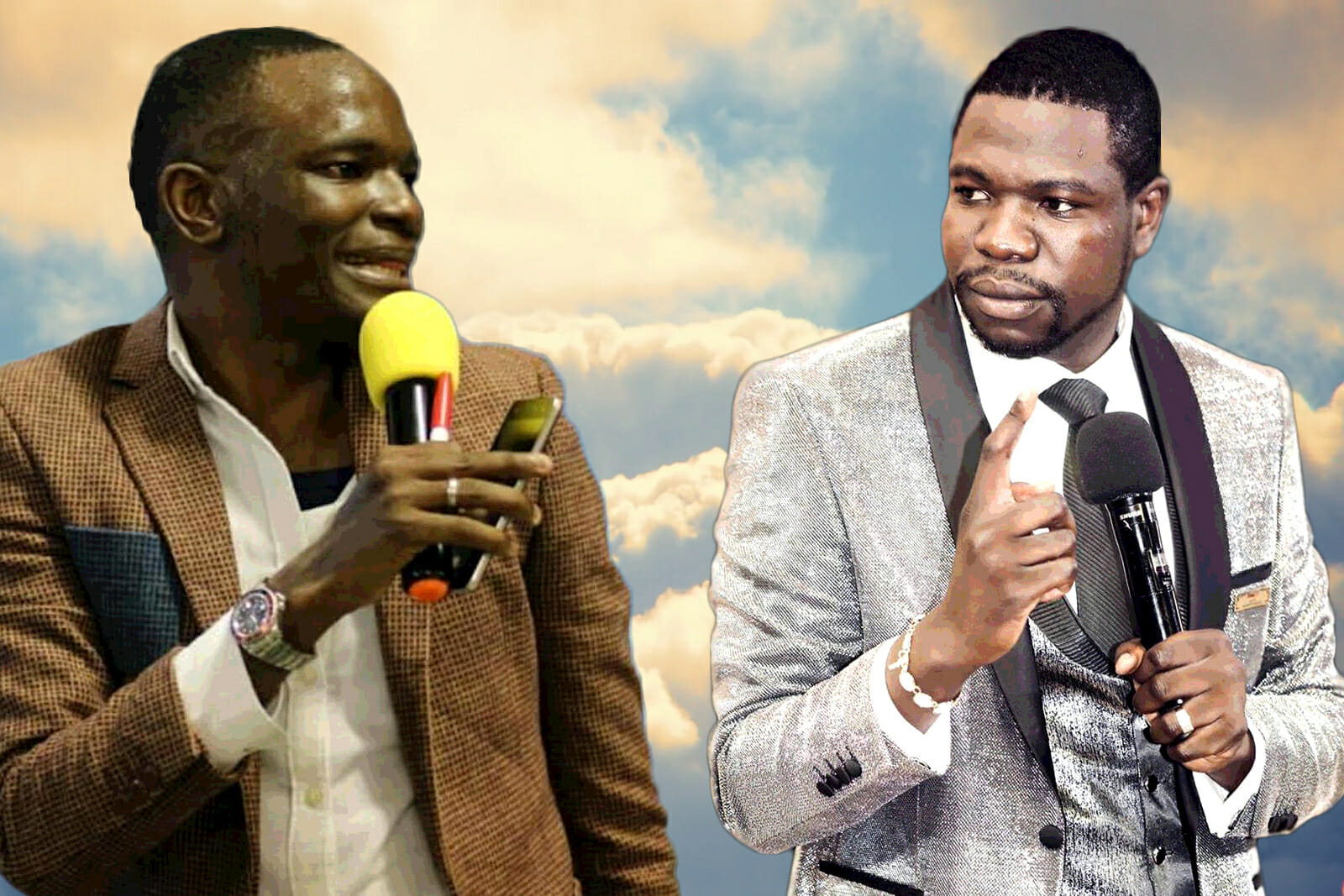
Culture
An Unholy Mix: Blind Faith and Politics in Southern Africa
Self-styled prophets have sprung up across southern Africa. Most play on people’s faith, such as Pastor Tito Watts from Zimbabwe who was arrested for selling “tickets to heaven.” A few go further, and make political claims, such as “Prophet” Emmanuel Chibanga of Zambia, who recently claimed that God showed him there would be “a mighty uprising in Zimbabwe.” What is common with all these preachers is that they prey on people’s insecurities and superstitious beliefs.
While some of these “prophets” sell $20 “blessed bricks” promising house builders that they will live in eternal prosperity, others use pesticide spray to cure ailments. Some even vow to bring people back from the dead. There is the case of Pastor Watts. He and his wife convinced gullible people to buy $500 tickets that would allegedly get them into the gates of heaven with no Judgement.
“I do not care what people or the police are saying about me, I am being persecuted because of doing the work of God,” Watts said, according to media reports. “Jesus Christ appeared to me and gave me the tickets made of pure gold so that I can sell them to people who want salvation,” he claimed.
According to the police, the “tickets” were actually made of gold-coated wood, with “Ticket to Heaven…Admit One” written on them. News reports claimed that thousands of his followers protested after Watt’s arrest.
According to the BBC, several young, brash and flashy religious figures have emerged during Zimbabwe’s economic crisis, attracting a huge number of followers with promises of miracle healing.
Self-styled prophet Walter Magaya was convicted of fraud in February and fined $700 for falsely claiming he had a herbal cure for HIV/AIDS. He told his congregation in October last year that the drug, named aguma, had magical powers to destroy HIV/AIDS within 14 days, according to media reports.
Another pastor in Harare, Paul Sanyangore, reportedly performs his services with “Papa God” on the phone. He is known to call “Heaven” on his phone, in an attempt to sway his congregation. Sanyangore also claims on his Facebook page that he can walk on water.
In the West too, televangelists peddle promises of miracle money when seeking donations from gullible people. According to the BBC, they broadcast on Christian cable channels, drawing in viewers who lack financial literacy and are desperate to change their lives.
But likely none in the West would go as far as to “prophesise” a mass uprising, as self-styled prophet Emmanuel Chibanga did recently. The Zambia-based pastor claimed in a video sermon in May that “God has shown me that…the nation (Zimbabwe) would get into problems.” He then claimed that “A young man that God has anointed is the one destined to take Zimbabwe to greater heights.”
No doubt Chibanga has “a young man” in mind to promote at the opportune moment. His blatant attempt to push a political agenda cloaked in blind faith will probably convince a few of his supporters, but many Zimbabweans are aghast at the Zambian pastor’s attempt at interfering in their country.
With Chibanga himself convicted in a Zambian court in 2017 of domestic abuse and wife battery, he may well be better off sticking to preaching love and compassion.
In many places across Africa, the church – a sacred place of prayer and salvation – has been exploited by bogus men of the cloth, who are extorting money from unsuspecting congregants under the guise of performing miracles. Some even employ false miracle actors – often criminals – who feign Holy Spirit seizures, fall to the ground and pretend they are cured.
The Zimbabwe Council of Churches acknowledged that fake prophets “have found a way of manipulating many people who are desperate and have managed to tap into the African traditional religion,” but said it does not have the power to stop these practices because churches are voluntary organisations.
“The fact of the matter is millions of unsuspecting and gullible people are being hoodwinked and swindled by these latter-day ‘prophets and crooks,” said opposition politician Obert Gutu. “Zimbabweans should be on the lookout for these crooks who masquerade as ‘prophets,’” he told the Daily News.
It is important to maintain freedom of worship and association, but it is also time to expose these preachers who have infiltrated churches in southern Africa to personally enrich themselves, drawing crowds with their stage-managed prophesies only to deprive them of their meagre savings. Greedy and heartless sham preachers should not be treated differently from other fraudsters who seek to defraud people.

